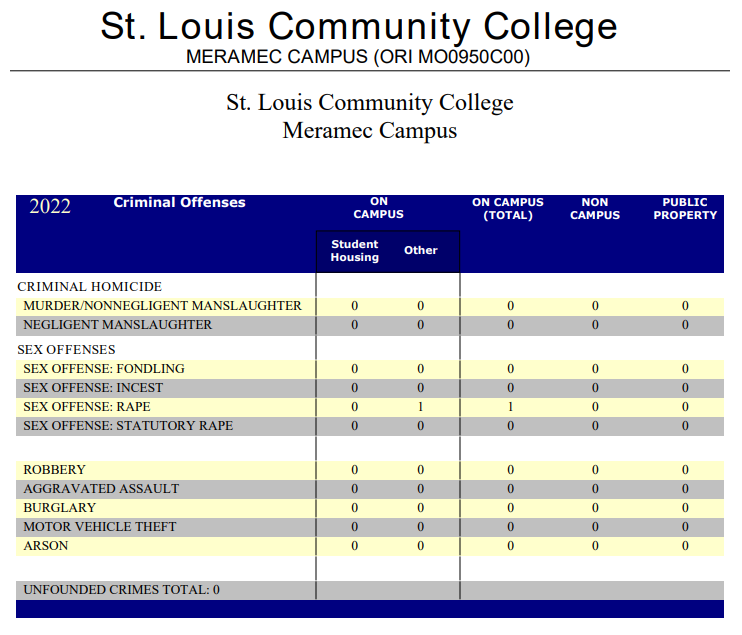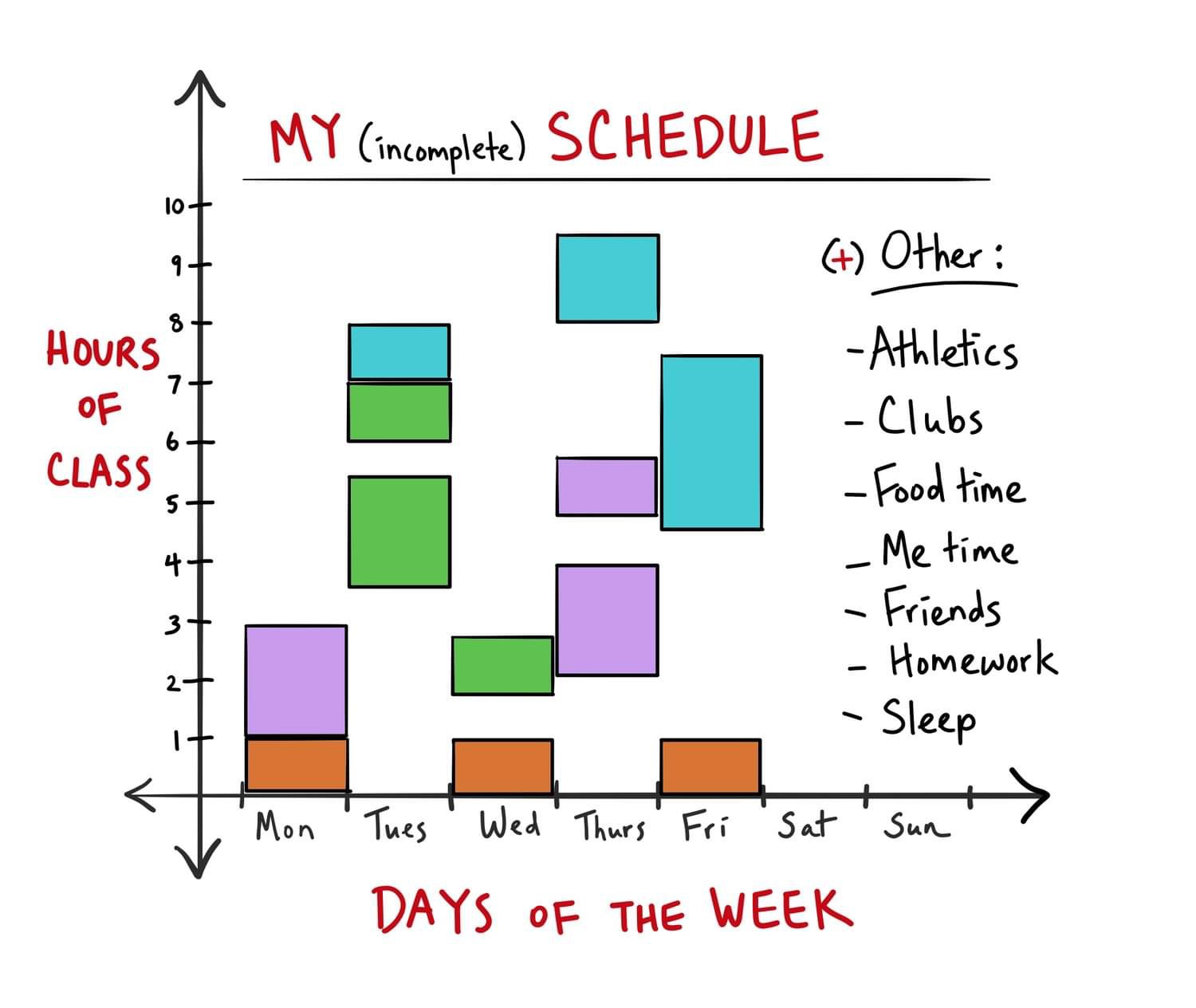What happens when social ‘norms’ are broken? There is a right way, or an accepted way, to do everything, such as walking, talking, sitting and interacting with other people.

Stephanie Stough
– Managing Editor –
Everybody does certain things in a certain way. There is a right way, or an accepted way, to do everything, such as walking, talking, sitting and interacting with other people.
“Imagine going an entire day without using technology. It’s a norm in our culture that is not normal in other cultures, particularly the heavy use of things like the Internet, telephones, televisions and computers. I think technology becomes invisible the more we use it. It works its way into our standard behaviors,” Colin Suchland, adjunct professor of sociology at STLCC-Meramec, said.
Suchland said habits like using technology and other ways of life that people exercise every day are considered social norms. He said a norm is the “socially accepted way of doing something.”
“This goes down to the clothing that we wear, the language that we speak, the technology we use, the religion we practice, the food that we eat. Everything gets wrapped up in a pattern of what we call relatively consistent behavior and that package is what we call society,” Suchland said. “This package of relatively consistent behaviors is what we rely on to make sense of the world.”
Suchland said norms are the “glue” that holds every society together and they vary from place to place. According to him, norms are socially relative and they don’t exist the same way everywhere for all people. Norms could even be local, such as the way someone describes soft drinks.
“A good example of a norm in language in the United States is ‘Do you call it soda, do you call it pop, or do you call it Coke?’ In the South they say, ‘What kind of Coke do you want: Sprite, orange or Dr. Pepper?’ Everything is all Coke. Here in the Midwest, a lot of people say ‘pop’ but in St. Louis, Mo., it’s soda,” Suchland said.
Norms are somewhat invisible and can be taken for granted because people don’t think about them on a day-to-day basis.
“We rely on norms so we don’t have to think about every decision we make. Without norms, we would have to think about and re-evaluate every decision we make. “Am I wearing the right clothes?’ Because of norms, we can say ‘I know I am’ because I am conforming to this standard practice,” he said.
Norms vary from place to place. In the United States, it’s more or less awkward when someone’s personal space is invaded, whether at a bench or urinal. It’s a social norm such as the way Americans set the table and eat their food, and it’s socially deviant for someone to pick their underwear or their nose. “We categorize animals, plants, minerals, but we also do the same thing to the social world. Norms are one way of establishing who is ‘us’ and who is ‘them.’ It’s through norms that we recognize other people as being similar. We get a sense of belonging with one another through the practice of normal behaviors,” Suchland said.
Suchland said norms are the simplest things people do in life because they aren’t thought about. Norms are learned.
“Why is it appropriate to use one tone of voice in one situation and use another tone of voice in another? Why do I eat my hamburger with my hands but if you put it on a plate I eat it with a fork and a knife,” Suchland said. “Why when you put two pieces of bread between it, is it okay to eat with your hands? It’s little stuff like that. Norms are everywhere and are easy to take for granted.”











